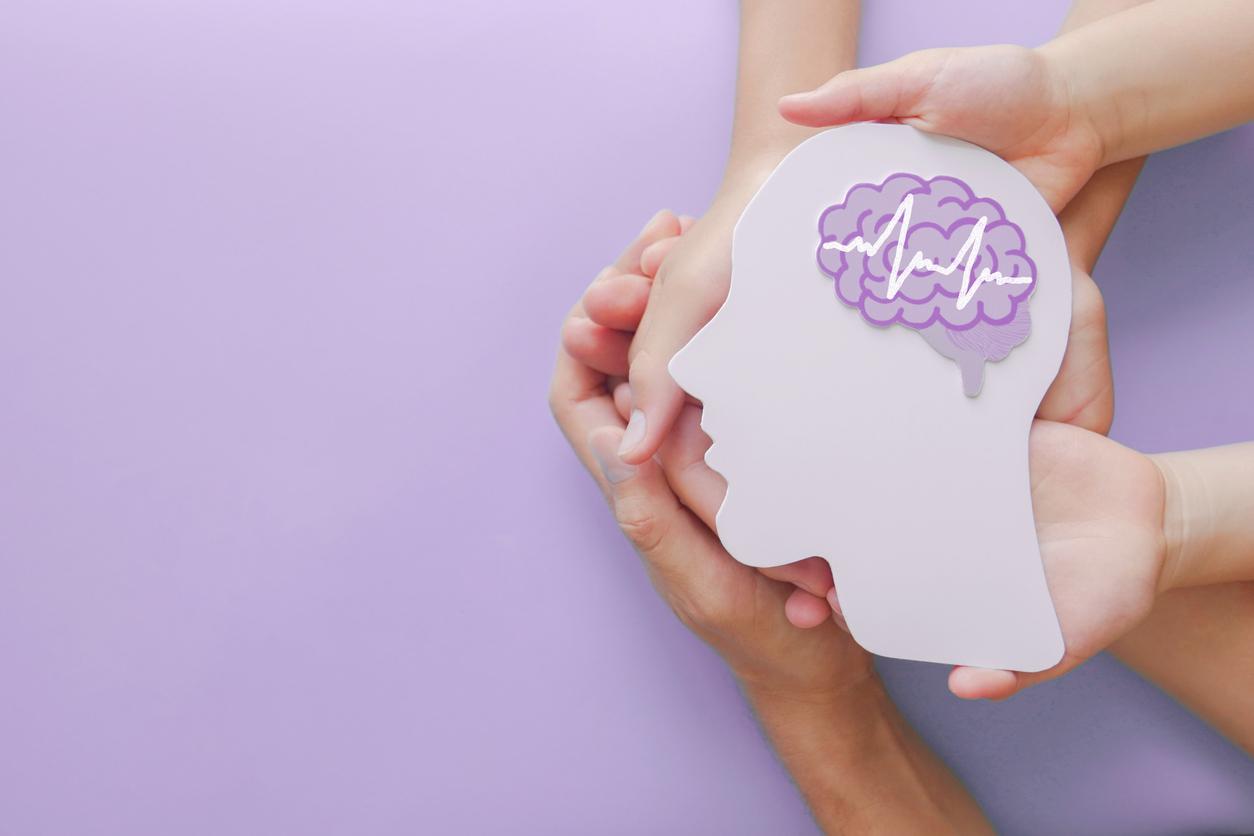Researchers have noticed that it is possible to detect Alzheimer’s disease early during sleep using EEG headbands, which can measure brain waves.

- EEG strips that measure the electrical activity of the brain can help detect Alzheimer’s disease early, according to researchers.
- They noticed a correlation between EEG readings from the headband and known markers of Alzheimer’s disease.
- The team plans to continue its work to improve this affordable and easy-to-use screening method.
Headbands EEG which measure the electrical activity of the brain, can also be used as an early detection tool for Alzheimer’s disease, according to researchers at the medical campus Anschutz from the University of Colorado and Washington University in St. Louis.
Their work was presented at the end of August in the journal Alzheimer’s & Dementia : The Journal of tea Alzheimer’s Association.
Alzheimer’s: measuring brain waves during sleep helps identify the disease
The scientists wanted to evaluate the effectiveness of the headbands EEG to know the cognitive health of the brain. These “headband” identify, among other things, brain wave patterns linked to memory reactivation during sleep, which are part of a system processing memories during deep sleep.
The team invited 205 people to wear the headband around their heads for three nights. They also had to carry out analyzes to identify markers of Alzheimer’s disease such as amyloid or tau protein levels. When studying the results, the researchers found a correlation between the readings EEG of the headband and molecular changes indicative of pre-symptomatic neurodegenerative pathology. They also noticed that the signals EEG collected by the headband can help identify the early stages of mild cognitive impairment due to this disease.
“What we found is that these abnormal levels of these proteins (amyloid and tau, Editor’s note) are linked to reactivations of sleep memory, which we could identify in people’s brain wave patterns before they experience symptoms. explains Dr Brice McConnelllead author of the research, in a communicated.

Headband EEG: a practical tool for detecting Alzheimer’s?
Researchers see potential for headbands EEG to facilitate the early identification of Alzheimer’s disease and thus offer patients the opportunity to benefit from better care. “Identifying these early biomarkers of Alzheimer’s disease in asymptomatic adults may help patients develop prevention or mitigation strategies before the disease progresses“indicates the main author.
“Demonstrate how we can evaluate digital biomarkers to detect early indications of disease using headbands accessible and scalable at home constitutes considerable progress in the detection and prevention of Alzheimer’s disease from the earliest stages”, he adds.
The scientist and his team plan to continue their work to perfect this method of screening for neurodegenerative pathology.















